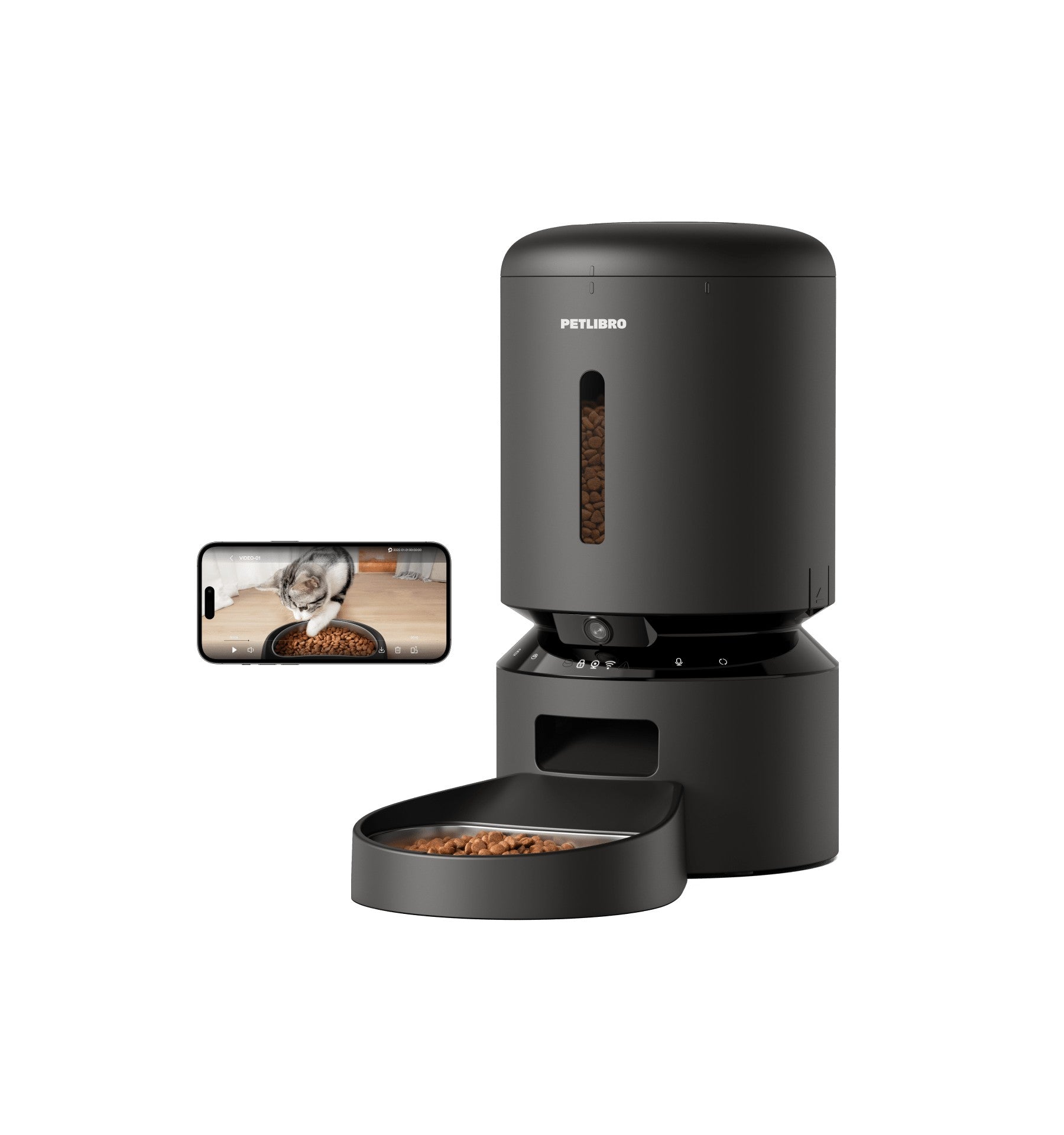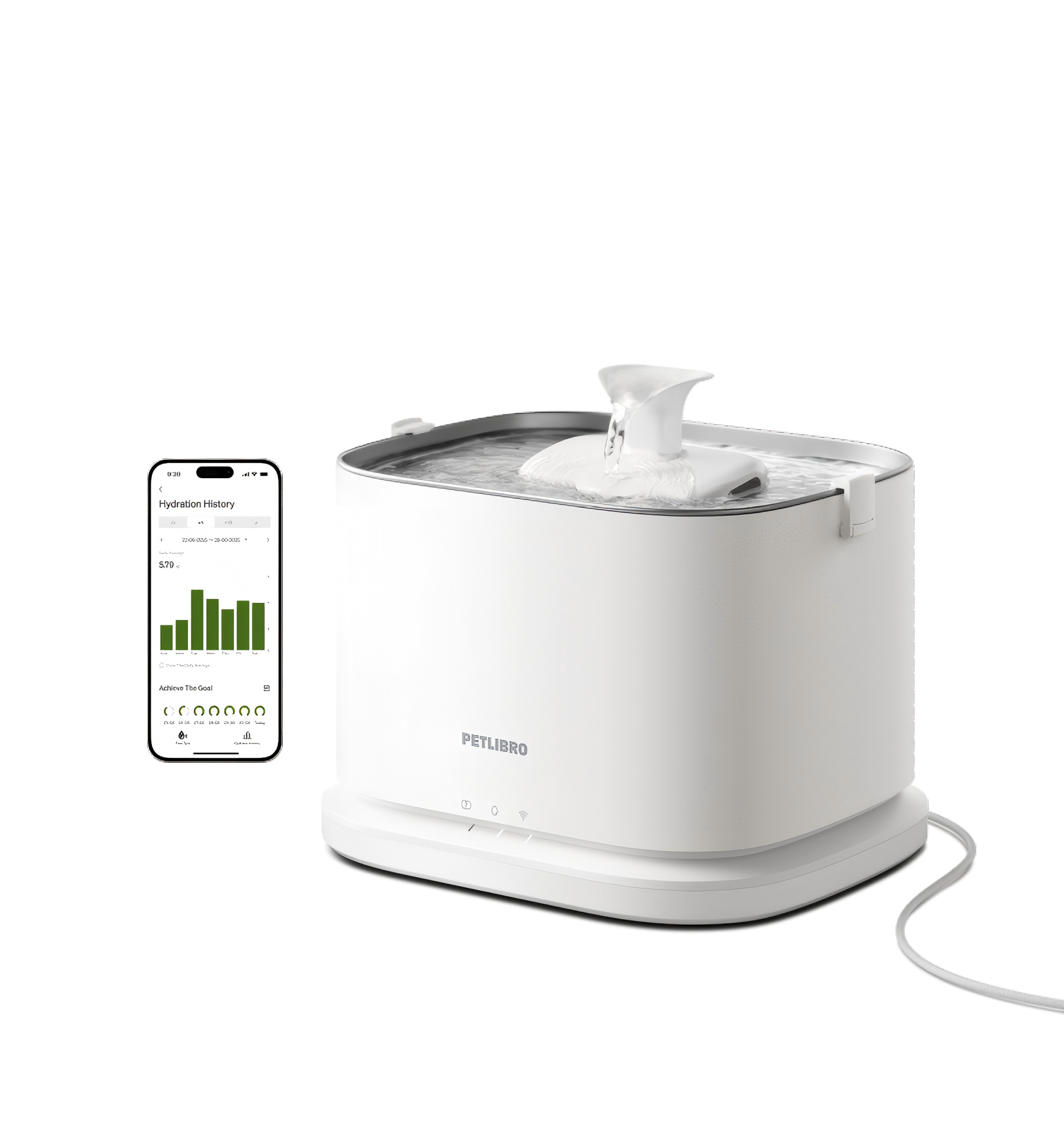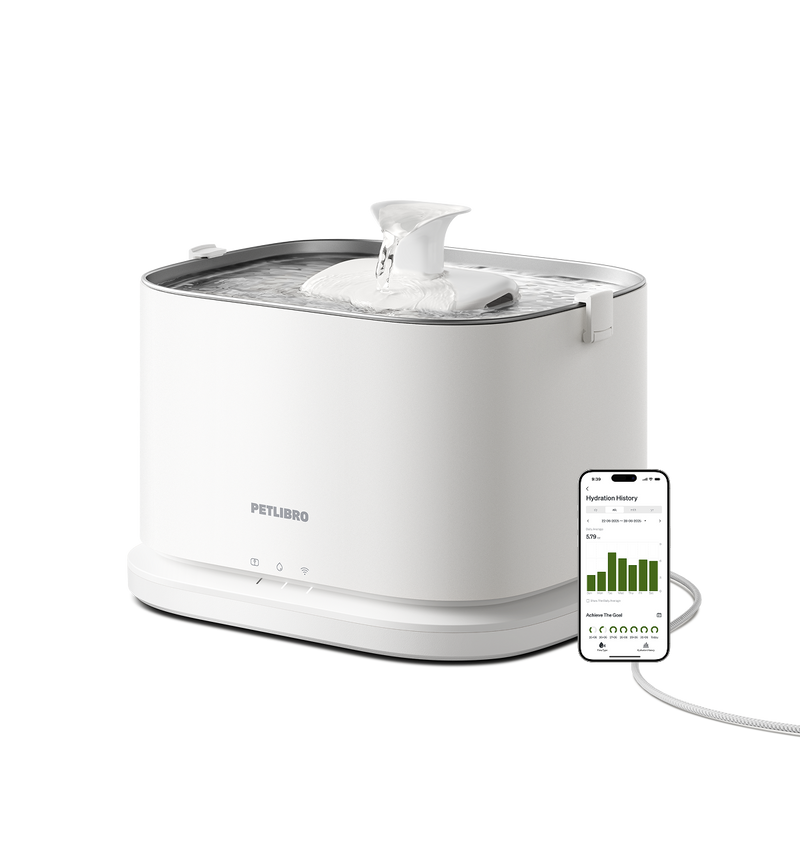Check out before these deals are gone!













































By subscribing, you agree to receive email marketing from Petlibro. Privacy Policy | Terms of Service


Code is valid for 48 hours for one order only. Code cannot be combined with other codes. Accessories are excluded.


Open to legal U.S. residents, 18 years or older. Void where prohibited. Giveaway begins on 08/26/2025 and ends on 09/15/2025 at midnight PST. Three winners will each receive a limited-edition Petlibro PR Kit, which includes the Scout Smart Camera and select branded merch. Winners will be chosen at random and notified via Instagram or email (depending on entry format) by 09/30/2025. If a winner does not respond within 48 hours, another may be selected. Odds of winning depend on the total number of eligible entries received. Only one email entry per person will be counted, though additional entries may be submitted through the bonus methods described above. Petlibro is not liable for any issues that arise from participation or use of the prize. Personal information will be collected and handled in accordance with our Privacy Policy.




Open to legal U.S. residents, 18 years or older. Void where prohibited. Giveaway begins on 08/26/2025 and ends on 09/15/2025 at midnight PST. Three winners will each receive a limited-edition Petlibro PR Kit, which includes the Scout Smart Camera and select branded merch. Winners will be chosen at random and notified via Instagram or email (depending on entry format) by 09/30/2025. If a winner does not respond within 48 hours, another may be selected. Odds of winning depend on the total number of eligible entries received. Only one email entry per person will be counted, though additional entries may be submitted through the bonus methods described above. Petlibro is not liable for any issues that arise from participation or use of the prize. Personal information will be collected and handled in accordance with our Privacy Policy.




Code is valid for 48 hours for one order only. Code cannot be combined with other codes. Accessories are excluded.
As a cat owner, it's essential to be able to recognize the signs of illness in your feline companion. Cats are known for their ability to mask symptoms of sickness, making it crucial for us to be vigilant and observant. In this blog post, we'll discuss the common indicators of illness in cats, empowering you to take proactive steps in ensuring your cat's health and well-being.
Behavioural changes are one of the first indicators of potential health problems in cats. Cats are creatures of habit, so any sudden changes in their demeanour should be noted. Common behavioural changes to look out for include lethargy, withdrawal, increased hiding, excessive vocalisation or aggression. Additionally, changes in appetite or thirst levels may indicate an underlying problem. If you notice any of these behavioural changes in your cat, it is important to keep a close eye on them and seek professional veterinary advice if they persist.
Cats need 4 ounces of water per 5 pounds of body weight per day, including water from food. Cat owners can watch their cat's daily water intake change with the Dockstream App Monitoring Water Fountain.

Vomiting and diarrhea are common symptoms of illness in cats. While occasional vomiting due to hairballs or dietary indiscretion may not be cause for concern, persistent or severe episodes of vomiting or diarrhea should be taken seriously. Dehydration and nutrient imbalance can quickly become issues in such cases, necessitating immediate veterinary attention.
Changes in your cat's breathing patterns, such as wheezing, coughing, or labored breathing, can indicate respiratory problems. Additionally, sneezing or nasal discharge may be signs of an upper respiratory infection. If you observe any of these symptoms, it's crucial to consult with a veterinarian promptly, as respiratory issues can escalate rapidly if left untreated.
The condition of your cat's skin and coat can also provide valuable insights into their overall health. A healthy cat should have a lustrous coat and supple, blemish-free skin. Any changes such as excessive shedding, dry or flaky skin, bald patches, or the presence of lumps and bumps should be investigated by a veterinarian. Skin issues could be indicative of underlying allergies, parasites, or systemic illnesses.
Changes in your cat's urination habits can be indicative of various health concerns. Increased or decreased frequency of urination, straining to urinate, blood in the urine, or inappropriate elimination outside the litter box can all signal urinary tract issues or other medical problems. Monitoring your cat's urinary habits and seeking veterinary advice if you notice any abnormalities is crucial for early intervention and treatment.
The eyes and ears can also provide vital clues about your cat's health. Watery or red eyes, squinting, discharge, or cloudiness can indicate eye problems. Similarly, any foul odor, redness, discharge, or excessive scratching at the ears may signify an ear infection or infestation. Regularly checking your cat's eyes and ears for any abnormalities and seeking veterinary guidance if necessary is essential for maintaining their overall health.
Significant changes in your cat's weight can also be a cause for concern. Unexplained weight loss or gain could be indicative of various health issues, including metabolic disorders, organ dysfunction, or nutritional imbalances. Monitoring your cat's body condition and weight regularly can help in identifying any concerning fluctuations and seeking appropriate veterinary advice.

If your cat appears unusually lethargic or weak, it may be a sign of underlying illness. A lack of energy, reluctance to move, or inability to engage in usual activities could be indicative of pain, infection, or systemic health issues. Observing your cat's activity levels and seeking veterinary attention if you notice unusual fatigue is crucial for timely intervention.
In conclusion, being able to recognize the signs of illness in your cat is a fundamental aspect of responsible pet ownership. By closely monitoring your cat's behavior, physical condition, and bodily functions, you can promptly address any potential health issues. If you suspect that your cat may be unwell, do not hesitate to seek professional veterinary advice. Remember, early detection and intervention are key to ensuring your cat's health and well-being. Regular veterinary check-ups and open communication with your veterinarian are also essential in maintaining your cat's overall health and addressing any potential concerns.